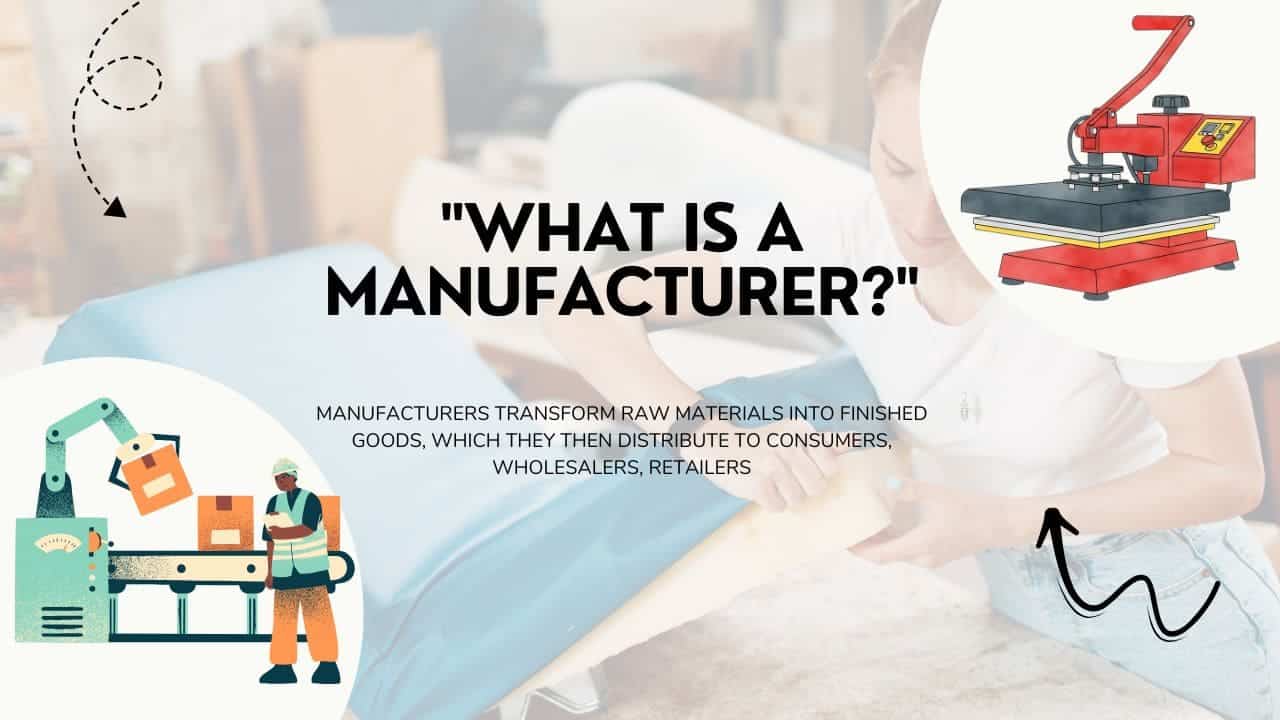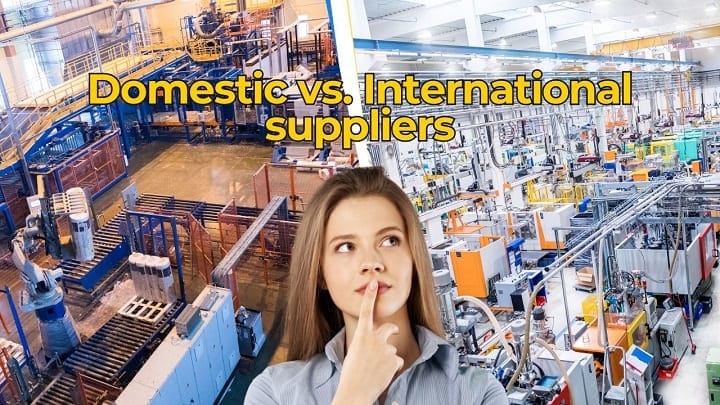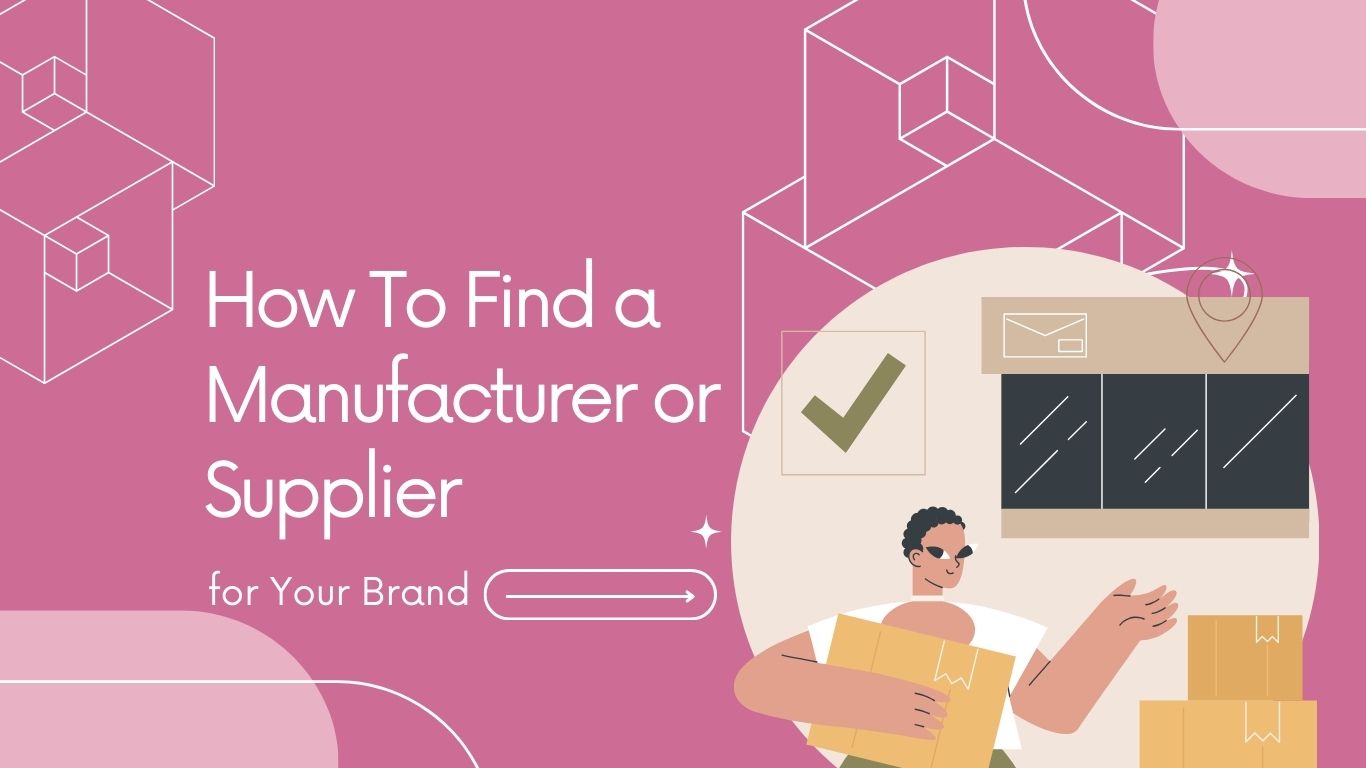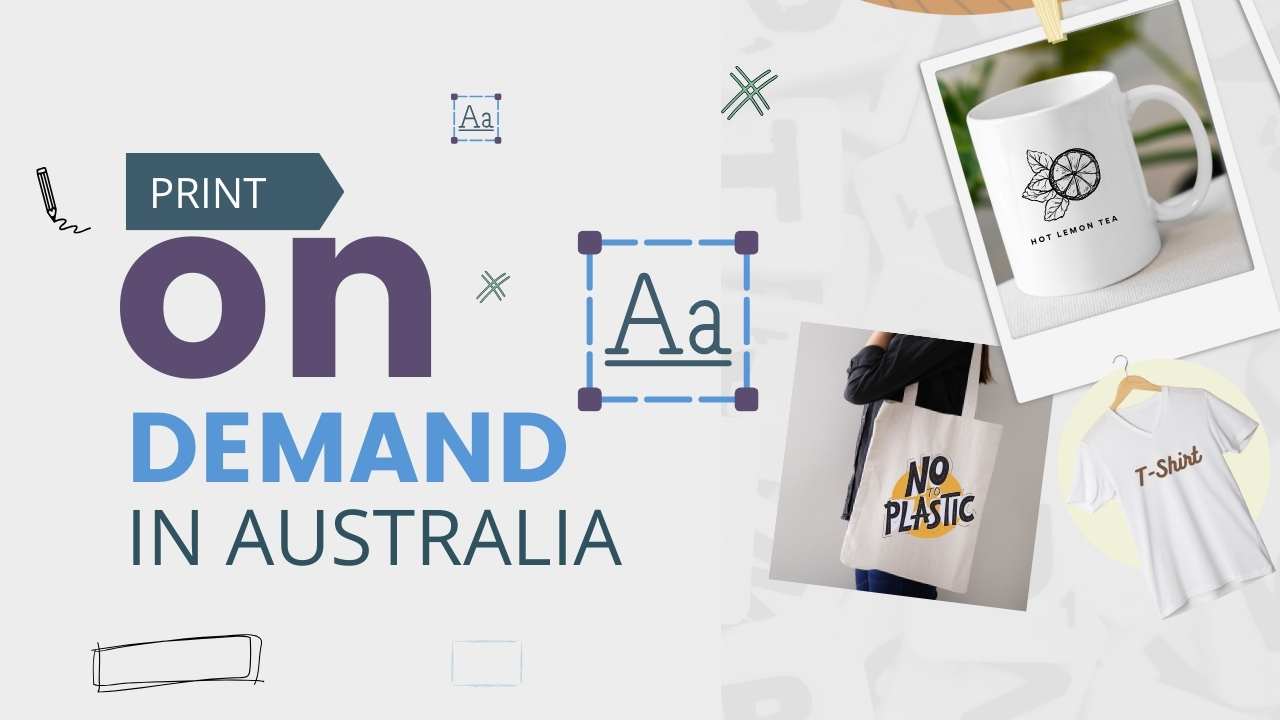Table of Contents
How to find a manufacturer for brand online?
When sourcing a supplier, it’s essential to go beyond finding a manufacturer. You’ll also need to weigh the pros and cons of working with local versus international partners. Additionally, conducting thorough evaluations to ensure the legitimacy of your chosen manufacturer is crucial. When developing products for your e-commerce business or your brand, asking suppliers specific questions about quality, production timelines, and pricing is key to success.What is a manufacturer?
Manufacturers transform raw materials into finished goods, which they then distribute to consumers, wholesalers, retailers, and other manufacturers seeking to create more sophisticated products.
Is a manufacturer a supplier?
Suppliers enclose manufacturers, wholesalers, and distributors who provide products and inventory. Multiple helpful online resources are available via Google. However, before starting, it’s crucial to understand and make decisions. Identify the type of supplier needed, depending on your ecommerce business model. This guides your research terminology. Common options include:- Manufacturers producing your product concept
- Suppliers (potentially also manufacturers), wholesalers, or distributors acquiring existing brands and products
- Dropshipping business companies handle existing brand products and order fulfilment.
Domestic vs. International suppliers
Choosing suppliers becomes a key decision if you’re delving into manufacturing or wholesaling. Should you opt for local sources or cast your net internationally?
How to Find a Manufacturer in 9 Steps
1. Define Your Requirements:
Before embarking on your search for a manufacturer, it’s essential to have a clear understanding of your product requirements. This involves detailing the specific materials, quality standards, and production volume needed for your product. By defining these parameters upfront, you can effectively communicate your needs to potential manufacturers and ensure they meet your expectations.2. Research Manufacturer Options:
Researching manufacturer options involves identifying potential companies or facilities capable of producing your product. Here’s a breakdown of the steps involved:- Define Your Requirements: Clearly outline your product specifications, including materials, dimensions, quality standards, and special features or customizations. This will help you narrow down your search to manufacturers with the appropriate capabilities.
- Use Online Resources: Use online directories, search engines, and industry-specific platforms to find a manufacturers matching your criteria. Look for companies with experience in your product category and positive reviews or testimonials from previous clients.
- Attend Trade Shows and Exhibitions: Trade shows and exhibitions are excellent opportunities to connect with manufacturers face-to-face, view product samples, and discuss your requirements in detail. Take advantage of networking events and seminars to gather valuable insights and contacts within the industry.
- Seek Referrals: Reach out to fellow entrepreneurs, industry associations, or professional networks for recommendations on reliable manufacturers. Personal referrals can provide valuable insights and help you avoid potential pitfalls in your search.
- Verify Credentials: Once you’ve identified potential manufacturers, conduct background checks to verify their credentials, certifications, and compliance with industry regulations. Look for evidence of quality control measures, ethical business practices, and a track record of successful projects.
- Request Quotes and Proposals: Contact selected manufacturers to request quotes and proposals based on your product specifications. Compare pricing, lead times, production capabilities, and terms of service to evaluate the best fit for your needs.
3. Attend Trade Shows and Expos:
Trade shows and expos provide valuable opportunities to connect with manufacturers in person. These events allow you to meet industry professionals, ask questions, and inspect samples of their work. Take advantage of networking opportunities to build relationships with potential manufacturing partners and gain insights into your industry’s latest trends and technologies.4. Request Quotes and Samples:
Once you’ve identified a shortlist of potential manufacturers, reach out to them to request quotes based on your product specifications. Be sure to provide detailed information about your requirements to receive accurate quotes. Additionally, ask for samples of their previous work to assess the quality of their craftsmanship and determine if they can meet your standards.5. Conduct Due Diligence:
Before finalizing your decision:- Conduct thorough due diligence on each manufacturer under consideration.
- Verify their credentials, such as certifications and industry affiliations, to ensure they meet regulatory standards.
- Evaluate their production capabilities and quality control processes to determine if they can consistently deliver products that meet your specifications.
- Consider visiting their facilities to observe their operations firsthand and assess their professionalism and efficiency.





